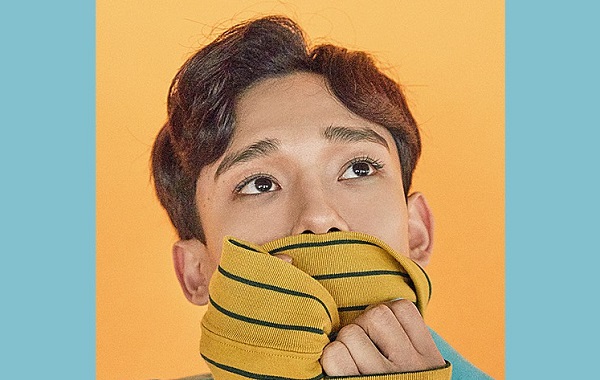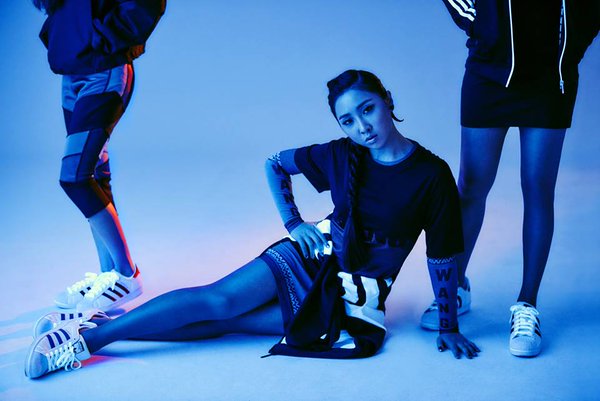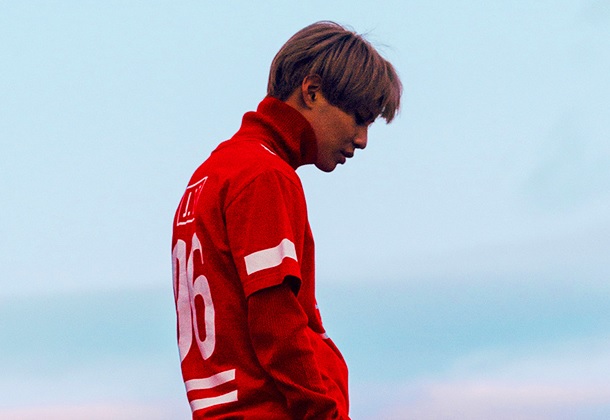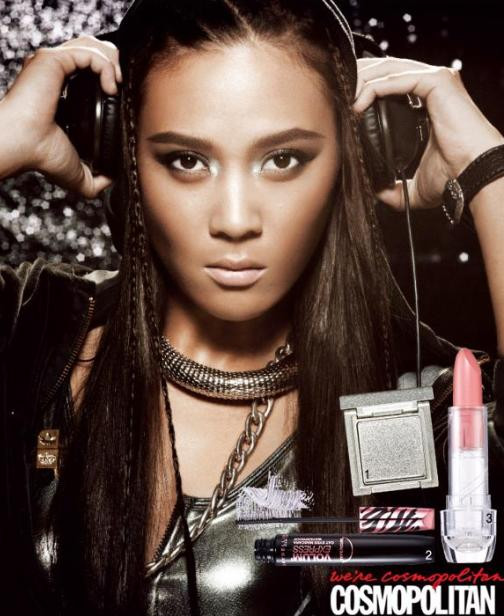 Welcome to another Comments of the Week!
Welcome to another Comments of the Week!
This week in music and idols news, we covered the recent works of 100%, Boyfriend, Exo, Skarf, MBLAQ, TVXQ,and a “brand new” San E, the debut of Henry Lau as a soloist, and comeback teasers for After School, Sistar, and Kim Junsu. We also shared our thoughts on T-ara‘s next sub-unit, the rapid rise of Beast, news of DBSK‘s upcoming LA concert, Block B‘s application for injunction against Stardom being dismissed.
For film, fashion and tv topics, we looked at the best of last week’s music shows, recent idol social media posts, Park Ki-woong, and the announcement of Lee Byung-hun and Lee Min-jung‘s upcoming nuptials.
As for socio-cultural topics, our writers talked about “dating” a K-pop idol, Shinhwa Broadcast in hot waters, and Olivia and the treatment of foreign K-pop idols.
We also released a Chat Box podcast this week featuring Amy and Nabeela’s thoughts on 2PM, be sure to check out!
Of this week’s articles, Patricia’s piece on foreign K-pop idols in particular sparked a lot of interesting comments. There were many comments worth highlighting, but here are three in particular that managed to catch my eye:
insa on Token White Member: The Problem With Foreign K-pop Idols:
One Korean-American and one French girl does not an ‘international group’ make. Unfortunately, the mentality of the industry in general, is still stuck at the ‘white person fan = foreign success’ stage.
This is particularly grating in extremely multicultural countries like Sydney and, undoubtedly, America, where it’s the Asian-Australian/American fandom that actually props up 80 – 90% of a K-Pop group’s success (I was at the Sydney Kpop Music Fest in 2011 – you would not have known 80% of the crowd was Asian-Australian by watching the broadcast).
This feels like just another step in the progression of ‘look how awesome and international K-Pop is because we have /white people/ participating now’, ignoring the dozens of foreign Asian and non-white fans who make up the bulk of the ‘invisible fandom’, both as fans and prospective idols : /
Nonetheless, it’s not really Olivia‘s fault. I hope she won’t be treated with as much hostility as Han Geng was, but she’s a pretty, thin, white girl so I’m pretty sure she won’t be.
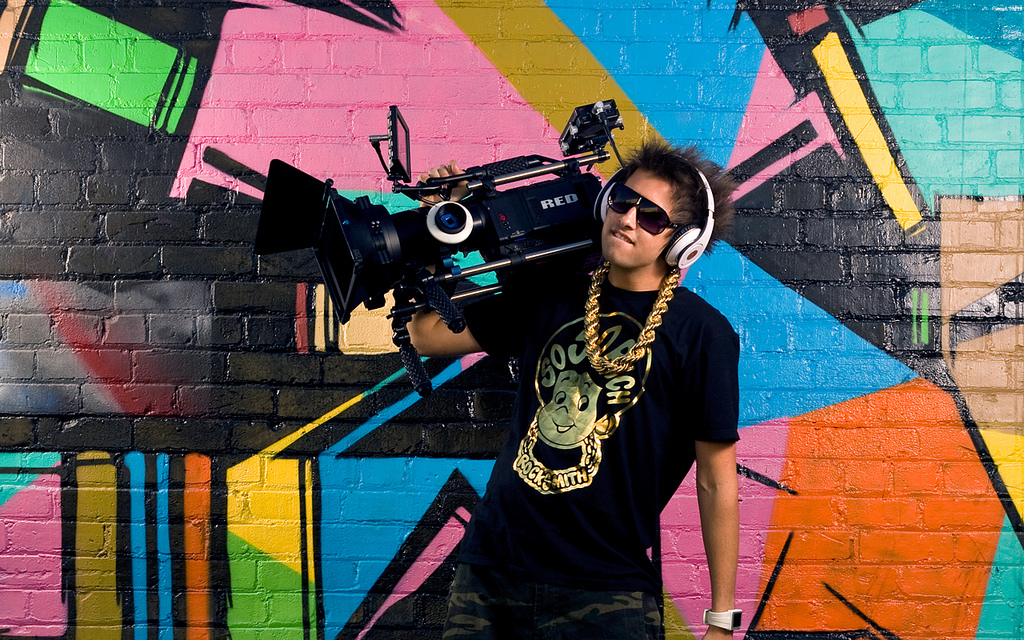
K-pop stands for Korean pop. As sad as it is, the only reason why only East Asians are included in K-pop groups is because they look very similar to Koreans and have similar mannerisms. Looking at a group with East Asians from a distance, they all look Korean. As “global” as Kpop is, the truth is that the prime market is still Korea and Asia.
Because of this, even if Koreans suffer from “white superiority,” which I can attest to as a Korean American with Korean relatives, I highly doubt that The Gloss or Olivia will do exceptionally well because more than anything, Koreans are xenophobic. Hence it’s because of this that no one’s running towards Chad Future as if he’s the next biggest thing, but instead they look at him as if he’s really strange.
Rather, I think someone of any ethnicity has a better chance at breaking the Kpop market if they have some Korean blood. It’s more of being able to relate to someone because they have Korean blood or know of the Korean ways than anything else. It’s because of this that artists like Yin Soon Yi or Yoon Mi Rae have been able to become highly respected artists despite facing prejudices from being half black and a non-Korean can kiss his chances of being an artist in Korea goodbye.
Put it frankly, there is no diversity in Kpop as of now because the main market of idols (teenage Asian girls) need to be able to connect with someone in order to really obsess over him and it’s a little hard to do that when he looks, thinks, and acts completely different from you. It’s the same reason why both American and British teems will obsess over One Direction and most Asian teens will not; they’re too different and foreign to them. With that in mind, I think if a foreigner wants a chance in being an idol in the near future, it would probably have to be someone that was born and raised in South Korea.
It was a wonderful article and sorry for the rant~♥
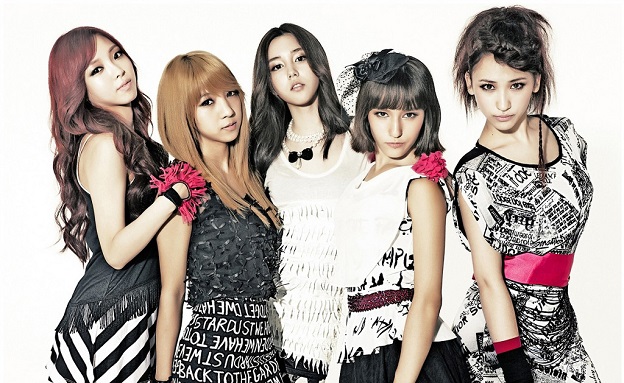
When I saw the title of the article, I was hoping that you wrote it, Patricia. This really hits all of the points. I was always skeptical about all of the international audition events because they seemed like insincere and almost deceiving to non-Korean fans, convincing them that they have an opportunity to participate beyond being consumers, and I think that goes ten-fold when we’re talking about POC [person of color].
So the idea that all of these castings, from the U.S. to Japan to Kazakhstan and wherever else have occurred and there’s been no proof that any diversity has come from them, how can these companies convince me that they’re universally accessible? Like others have said, Lee Michelle has been in limbo for a while now, yet Chocolat and The Gloss get to tout their mixed/non-Asian image as a marketing tactic simply because they have partially/fully white members. Can Olivia speak Korean? And more importantly, if she can’t, will she be legitimately criticized for it or will it be swallowed up by the embedded privilege of her skin color? It’s great that she can sing, it’s great that she’s talented, but when we’re talking about how, as you said, it perpetuates the glorification/entitlement of whiteness, that’s not the argument to be having.
If a POC were to be in a K-Pop group they would by proxy have to be ten times more talented (and likely as light-skinned as possible) to even be seen as a valuable asset. So, yes, this is surprising, but in the end it really isn’t. Would you expect any other ethnicity for a non-East Asian K-Pop idol? It’s crazy to reflect upon how Hangeng had to wear a mask, yet in these groups, the white members are seen as assets. And this is no insult against Olivia or the members of Chocolat- it isn’t as much about their choices to be idols as much as it is why their companies chose them and marketed their groups the way that they did.
This isn’t signaling global change, though I do wonder how it will be received both in and outside of Korea and if this will happen again with other groups. Honestly, I would feel uncomfortable saying that the K-Pop industry is something that every race is entitled to participate in, but the idea that this is the only other ethnicity that will be ~allowed~ to participate likely without large-scale opposition or prejudice is of course frustrating. It’s not one extreme: it’s the middle gray area, similar to how international fans matter when it’s time to talk about the growth of K-Pop but not when they try to go to music shows or participate in online fan clubs. Although I do certainly enjoy the music and talking about the industry, not much has been done to convince me that the industry wants anything more than just revenue (and borrowed culture when its convenient) from POC.
As always, thanks for being such wonderful commenters, and feel free to leave additional comments below.
(Images via Nylon, Cosmopolitan, Swat Khan, Paramount Music, SBS)
